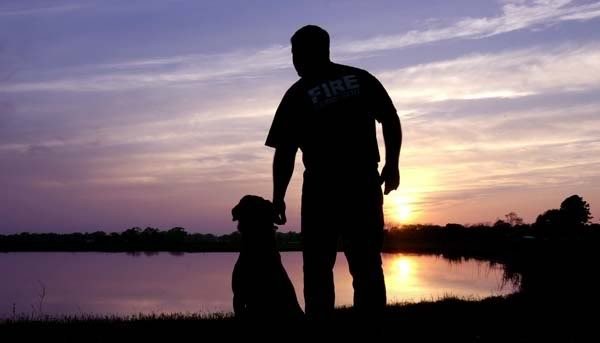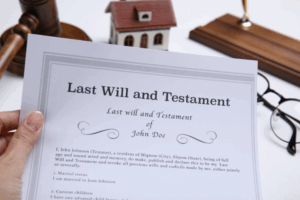Personal liability exposure is an important planning consideration. A person should be able to identify potential risks and assess means to mitigate those risks with the ultimate goal of reducing liability and the costs associated with the liability. In the world of liability, “man’s best friend” presents notable liability traps for the unwary.
Consider the world of torts (also known as “personal injury”). Torts encompass the body of law that holds one person (the tortfeasor) liable for his or her actions to another person. When one person negligently injures another, the person causing the harm is held monetarily liable for the action.
In a typical action (lawsuit), the injured party must prove that the tortfeasor did something (act of commission) that a reasonable person would not have done and it caused injury. Or, the injured party must prove that the tortfeasor failed to do something (act of omission) that a reasonable person would have done and the omission caused injury. A key concept is the idea of negligence. Did the tortfeasor do something negligent that caused injury to another. In a rear-ended car accident, the owner of the car that got rear-ended would need to prove that a reasonable person would have stopped the car and thus the tortfeasor would be liable because he failed to act as a reasonable person. Or maybe a shopper on a commercial property fell down a flight of stairs. The shopper would then attempt to prove negligence – the owner failed to provide safeguards that a reasonably prudent person would provide (like handrails and sufficient traction on steps and proper lighting, etc). A threshold issue in a regular personal injury case is whether or not the tortfeasor was negligent.
Now, consider your dog. Dogs can hold a special place in our life, but the injuries they can cause are not in the regular class of torts. Dogs are in a special class of torts usually reserved for inherently dangerous or abnormally dangerous activities –the strict liability category. That is, if your dog injures someone, the injured party need not prove negligence. The question of what a reasonable person would do is irrelevant. You liable, no matter what.
For example, if you diligently keep your pup on a short leash in public but it nonetheless bites someone, the owner is liable for the injuries and the damages caused by the bite. Even if the owners actions are prudent and exactly the same as what a reasonable person would do, the owner is nonetheless liable. Further, even if the owner did not know, and had no reason to know, that the dog might bite someone (“he’s never done anything like that before”) the owner is still held liable for the injury. This means you are liable to cover not only the medical costs of the victim, but the emotional damage that could be claimed as well.
Let’s say you host a party (maybe even a kid’s birthday party) and one of the attendees gets bit on your own property. Same rules apply. The dog owner is held strictly liable for the actions of the dog.
The law imposes even more stringent rules if your dog has bitten previously. If your dog has bitten someone once, that dog might be classified as a “dangerous dog” by your city, county, or other governmental agency. Dangerous dogs are required to be kept in special enclosures. And, when out of the enclosure, the dog must be muzzled and restrained. The owner must also secure special liability insurance for dangerous dogs. The owner’s failure to follow the rules pertaining to a dangerous dog can lead to confiscation of the dog by animal control, the dog may be potentially put down, and the owner may be guilty of a misdemeanor (or a felony for a second offense).
Now, of course there are exceptions to these that you might well imagine. If your dog bit the burglar in your house, the owner is not liable. If the person injured was purposefully provoking the dog, the owner may not be liable. And, the law makes a special exception for police dog bites.
The point here is that a dog owner must go above and beyond a regularly prudent person to protect against strict liability. Check your insurance policy to see if it covers dog bites and make sure you have enough for the worst case scenario. Be a responsible dog owner. Keep the dog on a leash when outside your private property. Avoid taking untrained dogs into public. Avoid taking any dogs to areas where the stimulus present might reasonably cause the dog to act differently. Take the time to properly train your best friend and continue working with him to help you (the owner) understand the dog’s limits.
Dogs are definitely the best “piece of property” you can own, so make sure you protect yourself and your property from liability risks so you can spend more time enjoying your dog, and less time worrying.
390816-2
* Licensed, not practicing.
The opinions voiced in this material are for general information only and not intended to provide specific advice or recommendations for any individual or entity. This information is not intended to be a substitute for specific individualized tax or legal advice. We suggest that you discuss your specific situation with a qualified tax or legal advisor.
Securities offered through LPL Financial, member FINRA/SIPC. Investment advice offered through Cornerstone Wealth Strategies, Inc., a registered investment advisor and separate entity from LPL Financial.












